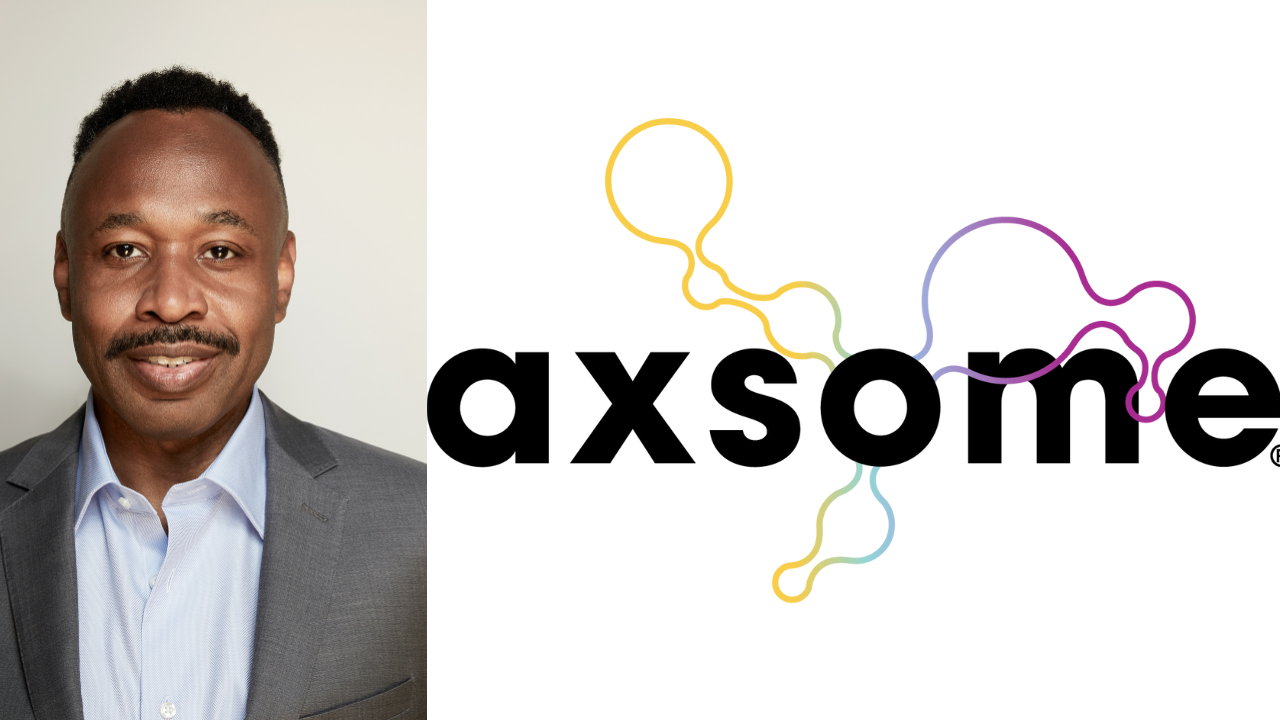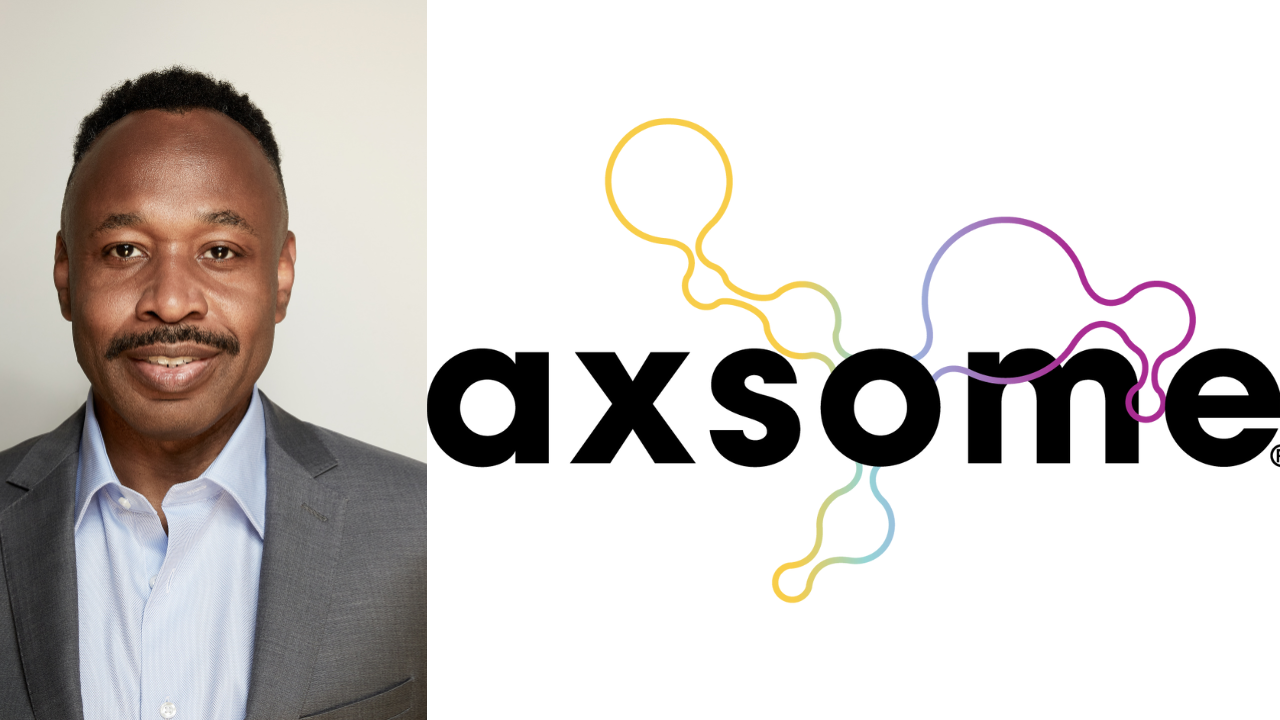
Before Herriot Tabuteau became a billionaire CEO taking on depression and Alzheimer’s, he was a little boy in Haiti learning how to survive on resilience. Today, he’s rewriting what’s possible in biotech, leading a company worth $6 billion, all while staying rooted in the lessons that shaped him.
“It taught me resilience,” Tabuteau said of his childhood in an interview with Forbes, a word that has been the throughline of his journey from Wall Street to the lab.
That same determination carried him from Port-au-Prince to New York City, from Yale’s medical halls to Wall Street, and eventually into the heart of one of the hardest challenges in medicine: finding treatments for the brain. Today, Axsome, a company named after two parts of a nerve cell, the “axon” and the “soma,” has grown from what Tabuteau calls “the broom closet,” a three-desk office in Rockefeller Center, into a $6 billion player in biotech. With three FDA-approved drugs on the market and five more in development, Axsome is targeting some of the toughest challenges in medicine: depression, ADHD, and Alzheimer’s.
At just 9 years old, he moved from Haiti, where he says he experienced physical, nutritional, and emotional neglect, to Manhattan’s Upper East Side with his father and adoptive mother. His academic path was equally ambitious with degrees in molecular biology and biochemistry at Wesleyan, followed by Yale School of Medicine, where he initially planned to become a neurosurgeon. But witnessing the visible unhappiness of many of his physician mentors pushed him away from the operating room and toward Wall Street.
Swapping scalpels for spreadsheets and deal structures, Tabuteau spent nearly two decades in healthcare investment banking and hedge funds, where he reportedly observed the rise and fall of countless biotech startups.
When he finally launched Axsome, Tabuteau went against the grain. Instead of relying on venture capital, he self-funded the company with the support of friends and family. Instead of chasing one breakthrough drug, he built a diversified pipeline to reduce risk. And unlike most of his peers, he ran clinical trials in-house to cut costs nearly in half.
“If you do things exactly the same way as everybody else, you’re going to have the same outcomes as everybody else. And we wanted to have outcomes that stand apart,” he explained.
“Nobody believed in Axsome years ago, and I think there’s still a lot of unbelievers,” added Axsome chief financial officer Nick Pizzie. “It’s a show-me story.”
After years of low stocks and failed initiatives, a turning point came in 2022, when the FDA approved Auvelity, Axsome’s breakthrough depression drug. Unlike traditional antidepressants that take six to eight weeks to work, Auvelity can start providing relief in just one week. Axsome launched the drug with a lean sales force of 165 reps, less than half the industry standard, pairing them with software to identify the most receptive doctors. Analysts project blockbuster status, with sales already on track to hit $500 million this year.
That same year, the company bought Sunosi, a treatment for excessive sleepiness, for $53 million, only to sell the international rights for more than that, less than a year later, while keeping U.S. sales that reportedly top $100 million annually.
Now, the company is eyeing its next major breakthrough: a drug to treat agitation in Alzheimer’s patients. Axsome’s alternative, which claims to avoid the sometimes fatal risks linked to Alzheimer’s drugs, has shown mixed results in trials, but Tabuteau remains optimistic. Similarly, analysts see a clear need for safer options despite FDA approval not being guaranteed.
“There is so much ahead of us right now in terms of the pipeline and the number of patients we’re able to address,” he says. “We might be a small company in terms of size, but we’re not a small company in terms of fundamentals or in terms of ambition.”





